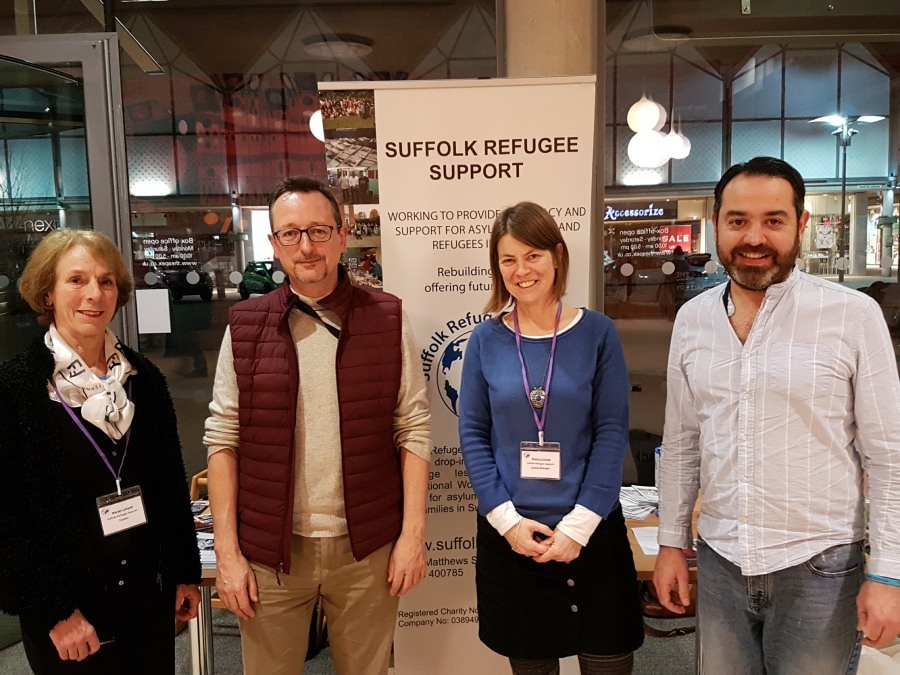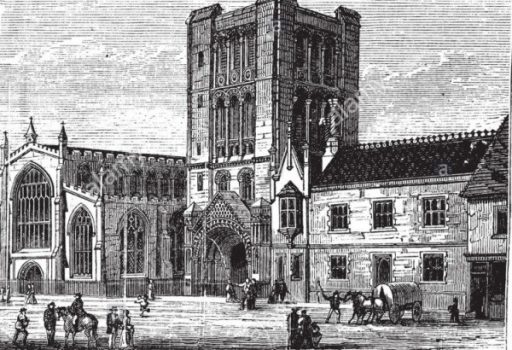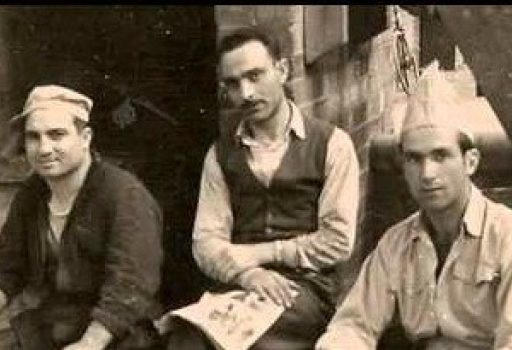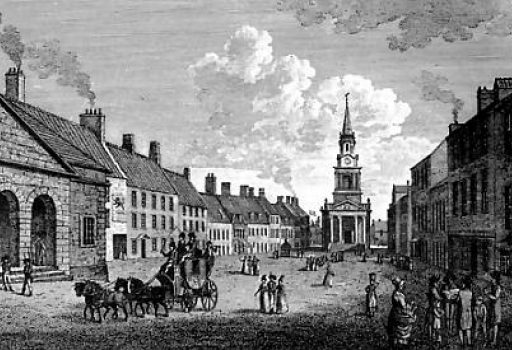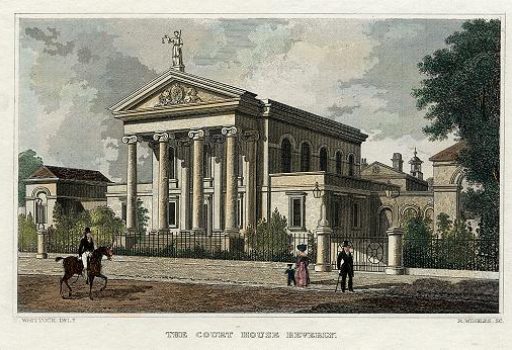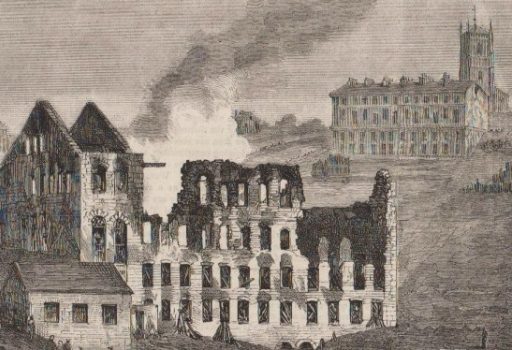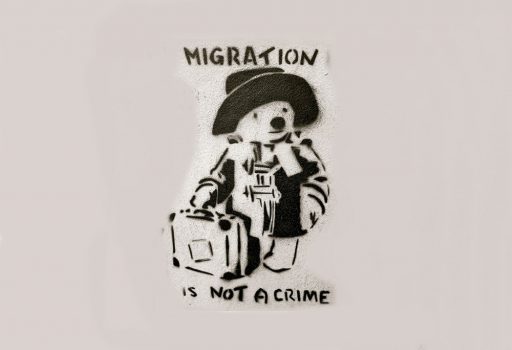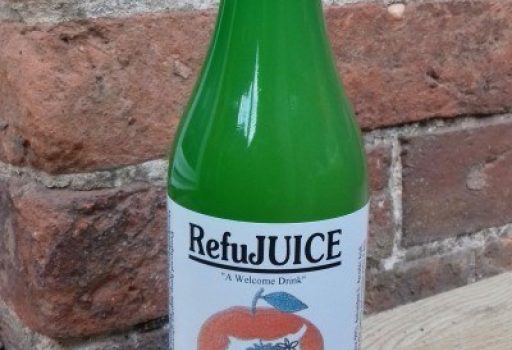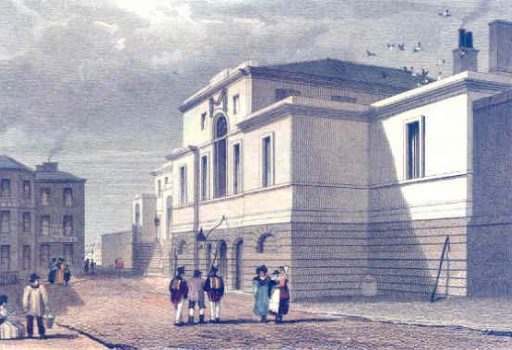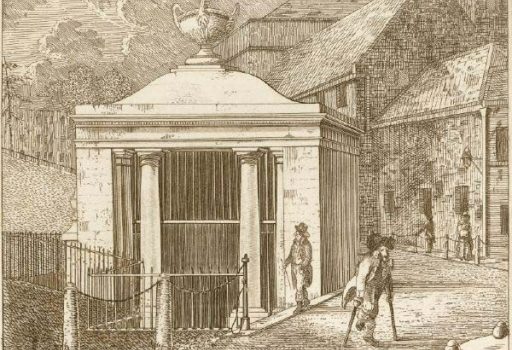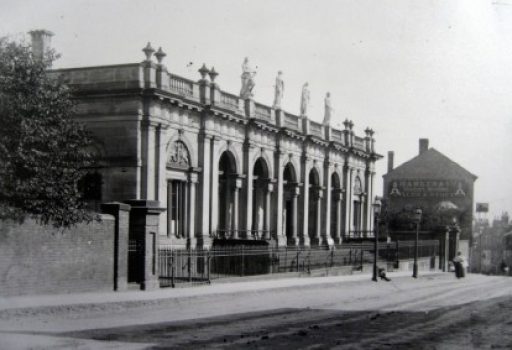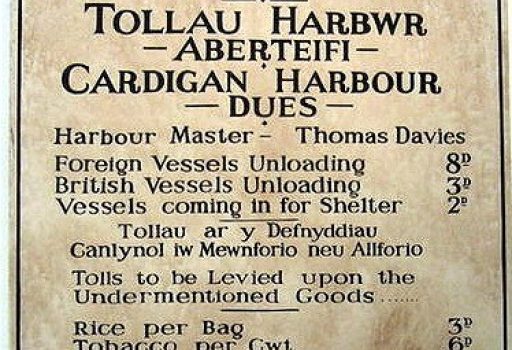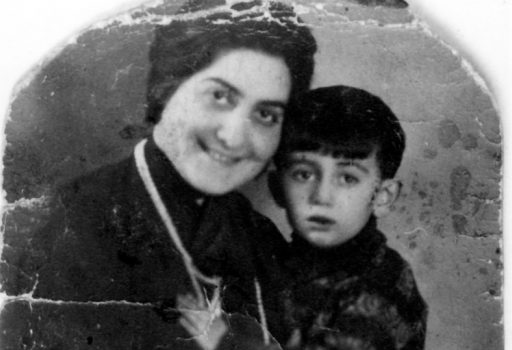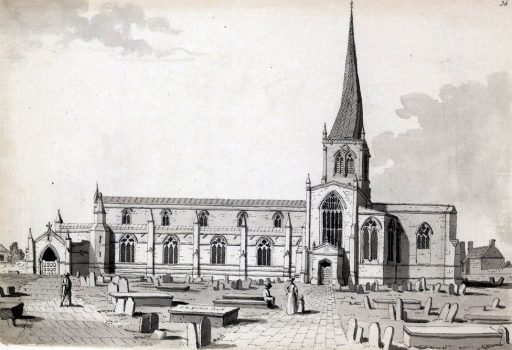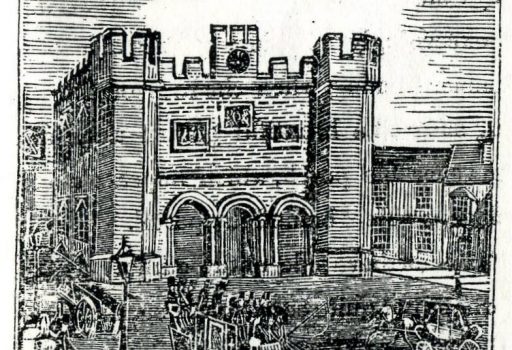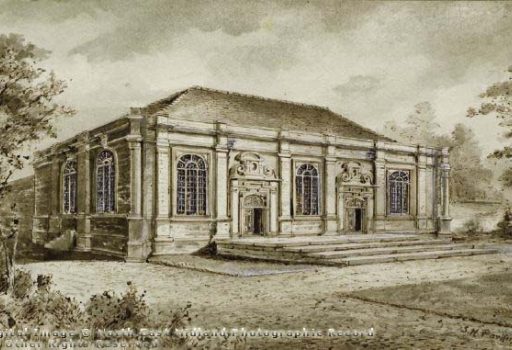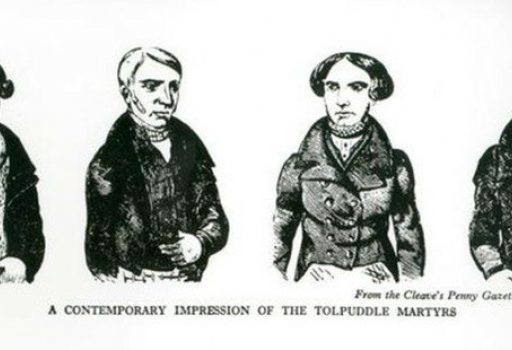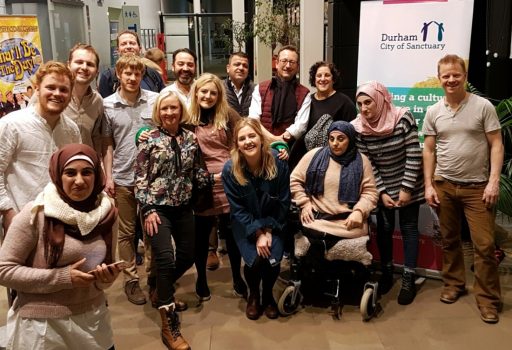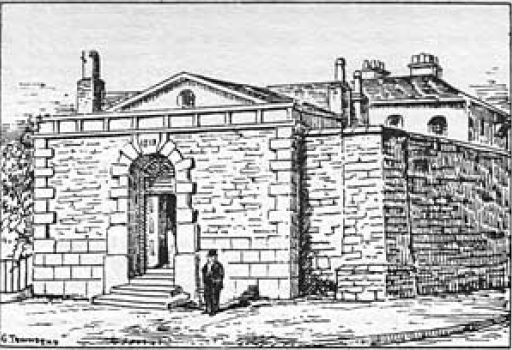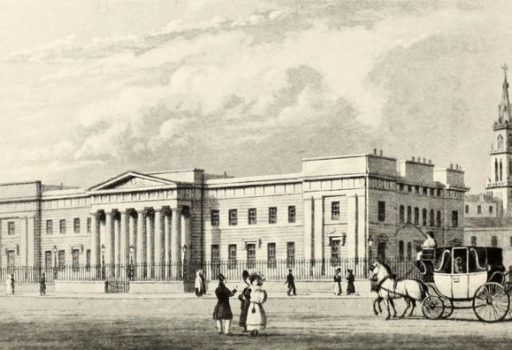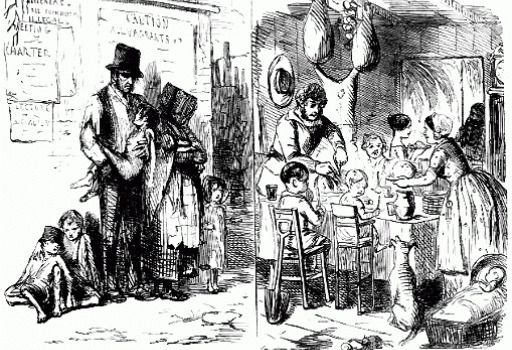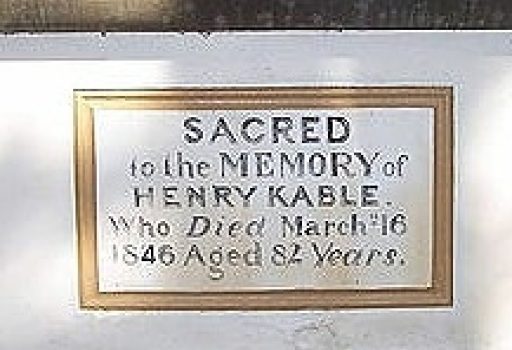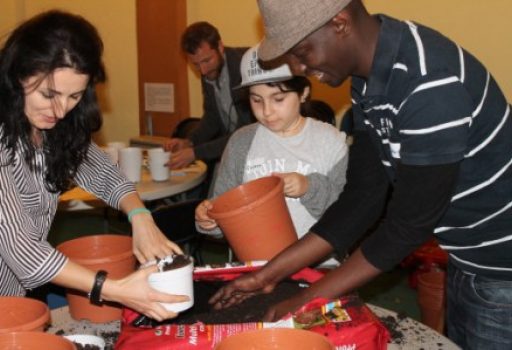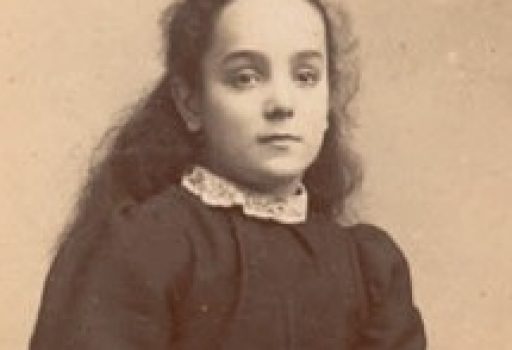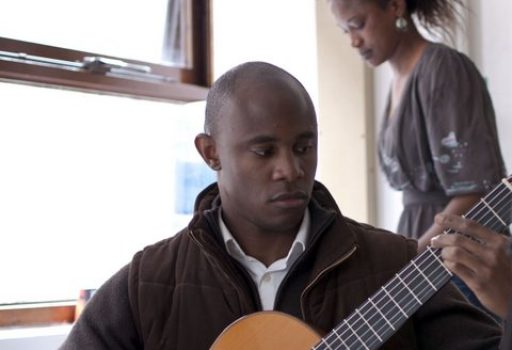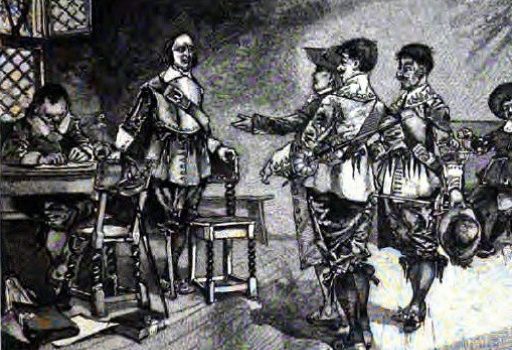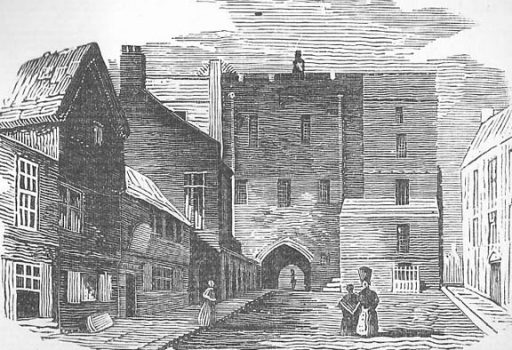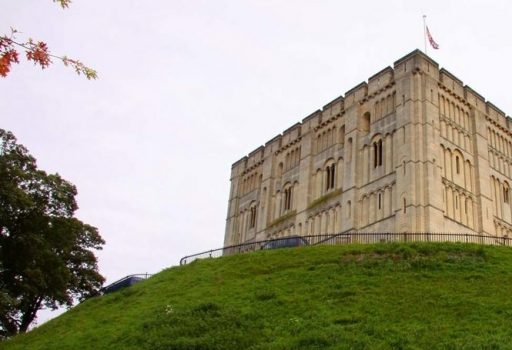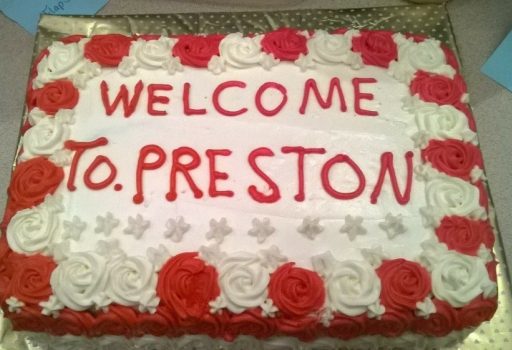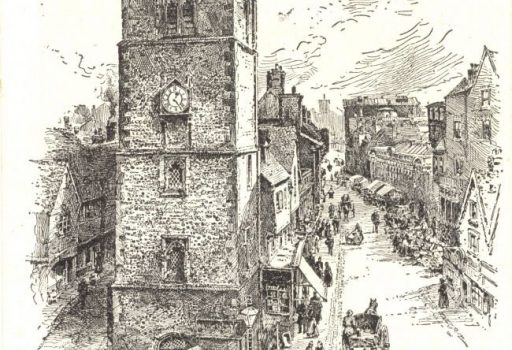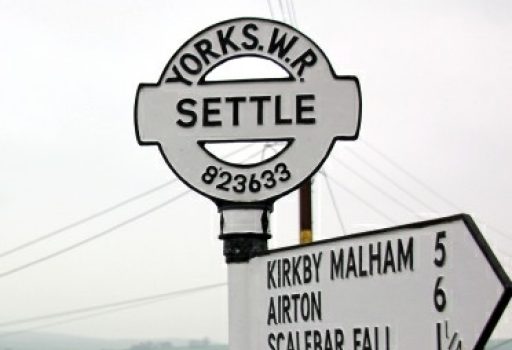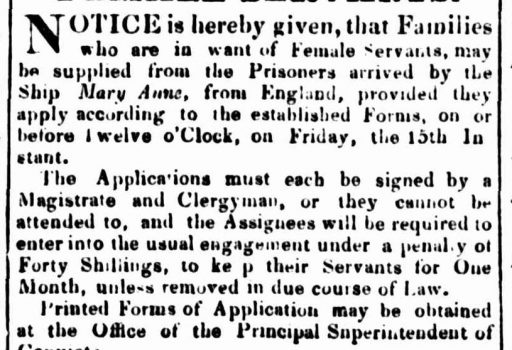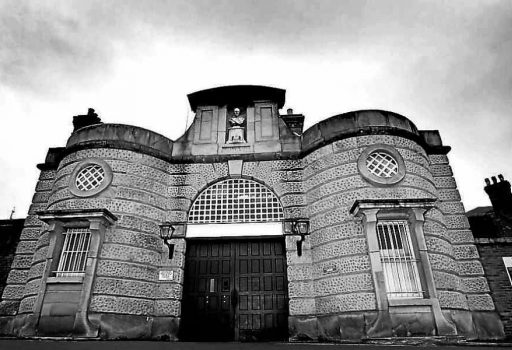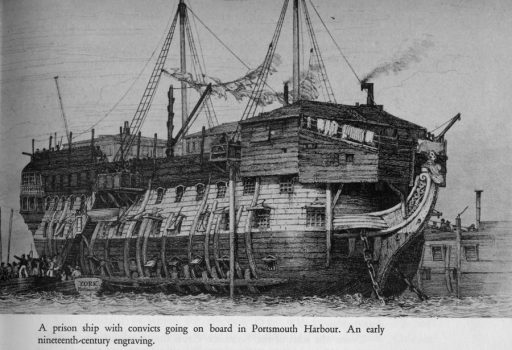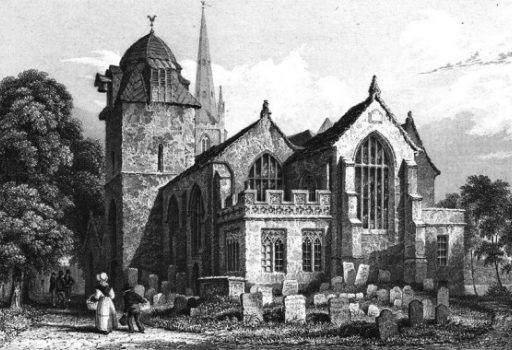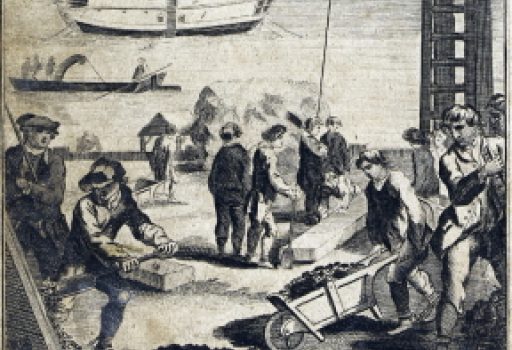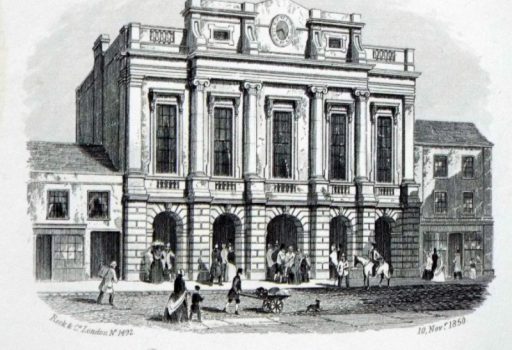On the very same ship to Australia as Henry and Susannah from The Transports - the Friendship - were several people from Bury St Edmunds. One of them was ELIZABETH HERVEY. She was tried at Bury St Edmunds, Suffolk on 23 March 1784 for stealing goods worth 91 shillings. She was sentenced to death, reduced to 14 years transportation, and left England aged about 30. She died within months of arrival.
SAMUEL MORTLOCK was a 34 year old ploughman from Cavendish, just south of Bury St Edmunds on the Stour. In 1832, the Sessions in Bury St Edmunds sentenced him to seven years transportation for stealing potatoes. He was five foot one inches tall, with blue eyes. He left behind a wife and three children.
Rural life became harsh in East Anglia after the Napoleonic Wars. A common sight in the 1830s were wagons passing through Bury St Edmunds, carrying people to Liverpool to board ships for New York. Many got into debt to pay their passage.The Bury and Norwich post in April 1830 reported '78 men women and children passing through Bury from Diss, Palgrave and Wortham and 59 from Winfarthing and Shelfhanger in two stage wagons on their way to London to take shipping to America' were in 'high spirits.’ The parish paid passage and clothing for many, glad to be rid of paupers from an area which had seen much riot. One emigrant was JOHN STYRING, so optimistic of the farming opportunities in Ohio he took his 80 year old mother-in-law
DYSON POST was a butcher from Mildenhall. In 1806 he was convicted of changing a promissory note from Thetford Bank from one pound into ten pounds. He was sentenced to death, reduced to seven years transportation. He was taken to a prison hulk in Portsmouth and issued with a jacket, breeches, shirt, shoes – and leg irons. 92 days later he got a hat. 18 months after entering the hulk, he was transported to New South Wales on the Admiral Gambier. Within two years he was working again as a butcher and in 1815 he was appointed a constable in Sydney.
BENNETT BANTOCK was a 25 year old labourer convicted at the Liberty of Bury St Edmunds Assizes in 1825 of receiving stolen goods and transported to New South Wales for 14 years. Once he received his ticket of leave, he got married and had three children, but was convicted of sly-grogging (selling alcohol without license) and later armed robbery.
JOHN SMITH was convicted at Bury St Edmunds in 1843 of entering a shop and stealing a jacket and handkerchief. He worked as a groom. His father was a Chelsea Pensioner. He’d been born in Portsmouth. He was transported to Tasmania for seven years.
ANN BAKER was eight years old and sentenced to three months hard labour at the Lavenham Bridewell for running away from her workhouse. She ran away again. Then again. This time in the late 1780s she was ordered to be transported to Australia. She joined the notorious Second Fleet, now just a teenager. Her ship, the Neptune, was crammed with 502 convicts. 158 convicts died during the voyage. Nearly one in three. Such a death rate stemmed, mostly, from the harshness of conditions. As at Lavenham Bridewell, prisoners were kept in the dark, inside, in chains for much of the time. The First Fleet took pains to keep people alive, but the Second Fleet was outsourced to private traffickers, who had little interest in welfare. Ann survived. She married, had three children, of whom two survived, and lived to the age of 29. Read more about Anne at Lavenham Guildhall.

Our local partner is Suffolk Supports Refugees, set up in 1999 by local people who saw the need for advice, advocacy and practical support for asylum seekers and refugees settling in the area. Here's a video about what they do, and you can download their remarkable booklet of refugee stories.
Many Dutch weavers came to the area in the 16th century, escaping religious persecution. They arrived bearing stories of atrocities in Ghent, but also brought skills which greatly helped the economy in East Anglia. In the autumn of 1914, Belgian refugees arrived, also bearing stories of atrocities in Ghent, and were initially housed in Hardwick House. They formed part of a quarter of a million Belgian refugees, welcomed and housed in Britain within a short period of time.
VERA SCHAUFELD WAS nine years old and remembered waving goodbye to her parents at the railway station in Prague in 1939 shortly before war broke out. She was one of the kindertransports, nearly 10,000 mostly jewish children rescued from the Nazis. Vera was adopted by a family in Bury St Edmunds and became a teacher there.
SHIREEN is a Syrian Kurd. As a teenager, she was told by officials “Go somewhere else, because if you stay, you die.” Her family fled to Iraq where they spent four years as refugees. Shireen made it to Ipswich. She wants to be a doctor.
HUMAM spent several of his teenage years in a refugee camp in Lebanon, having been forced to flee Syria. He’s also now in Ipswich, hoping to become a pharmacist, like his father.
X from East Africa arrived in Suffolk in 2011 on his own. He was suffering from post-traumatic stress disorder, was always sad and never talked. Suffolk Refugee Support referred him for counselling and also paired X with a volunteer who helped him to regain confidence and motivated him to regain hope as well. Since then X has recovered very well and was reunited with his family in 2013. Suffolk Refugee Support helped X to prepare for his IELTS (English) exam and paid for him to complete it. With a good grade this enabled X to access a Social Work degree course at the University of Suffolk in 2014. For three years X worked extremely hard (in a second language) to complete his social work qualification while also working as a part-time cleaner. He passed his Social Work degree successfully this year with a first in his dissertation and an overall BA (Hons) 2:1 degree. X has since been successful in applying for a job in Adult Social Care Services locally. He has also become a confident public speaker, keen to use his experiences to improve understanding of what other vulnerable refugees are going through.
Our partner Suffolk Refugee Support joined us for our performance of The Transports at The Apex in Bury St Edmunds in January 2018.
